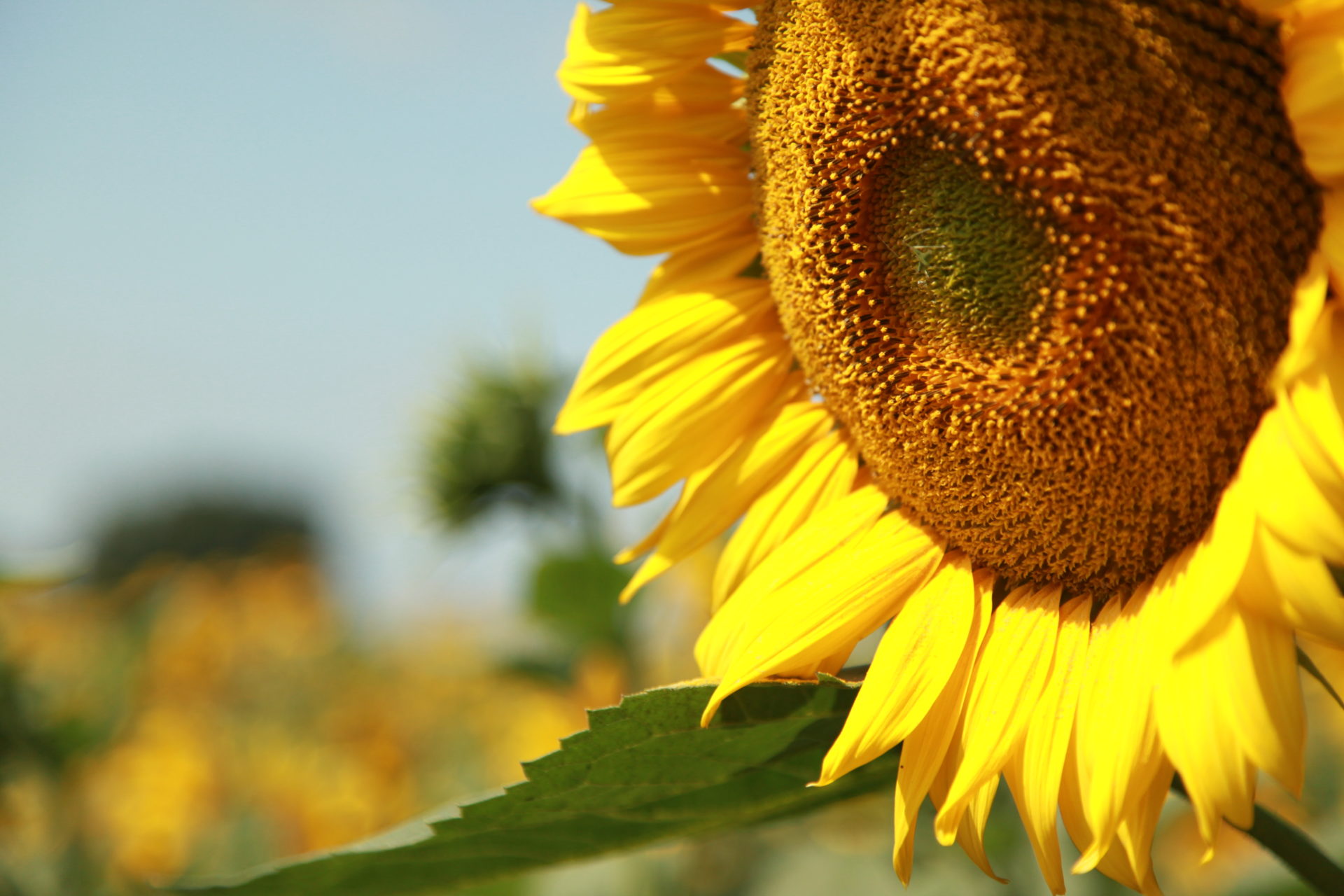Mindful Artists Network Retreat
By Aleksandra Kumorek
In January of 2013, U.S. Vice President Joe Biden met with representatives of the media and with makers of video games to discuss how the glorification of weapons and violence in film, television, and computer games can be curbed. The impetus for the memorable meeting was the massacre in Newtown, Connecticut, in which twenty primary-school children were killed. Only a few days later,
Mindful Artists Network Retreat
By Aleksandra Kumorek
In January of 2013, U.S. Vice President Joe Biden met with representatives of the media and with makers of video games to discuss how the glorification of weapons and violence in film, television, and computer games can be curbed. The impetus for the memorable meeting was the massacre in Newtown, Connecticut, in which twenty primary-school children were killed. Only a few days later, British Labour politician Diane Abbot started a campaign against “hypersexualization” in the British media, recognizing publicly that free access to pornography has proven to be damaging to the development of children. And in Berlin, massive protests happened after a gym posted advertisements using a violent slogan only one hundred meters from the site where Jonny K. had been beaten to death a few months before. Worldwide, there seems to be a gradual recognition of the simple fact that we reap what we sow.
The Buddha offered us a helpful perspective, teaching that everything we consume—even intellectual content—is food. If we poison our minds, eventually we will become sick. Buddha’s view of the human mind was realistic: in each of us, there is a potential mass murderer as well as a potential Buddha. If we nurture the seeds of hatred and violence, we will reap hatred and violence. From a grain of wheat, only wheat will grow. If we take this seriously, we discover that a profound paradigm shift is needed regarding the role of art and media.
Buddhist psychology teaches us that it’s not about suppressing our impulses of hatred, anger, and greed, but about dealing with these seeds in a loving and compassionate way so that they won’t do any harm, individually or collectively. How can we practice this in everyday life? How can artists, journalists, and creative professionals integrate Buddhist ethics into their work? Artists have a strong impact on the collective consciousness; what seeds do they water?
At the first retreat of the Mindful Artists Network in Findhorn, Scotland, we will explore these questions. The Mindful Artists Network was founded in 2012 in Plum Village by Susanne Olbrich (pianist and composer) and Aleksandra Kumorek (writer and director). The retreat will take place June 28-30, 2013, under the spiritual guidance of Dharma teacher Sister Jewel (Chau Nghiem). This will be an opportunity for dialogue, deep looking, creative collaboration, networking, and joint practice. We invite artists and journalists from all Buddhist traditions to join us for this occasion.
Aleksandra Kumorek, True Profound Ideas, is a writer, director, and lecturer in Berlin. Since 2012 she has been a member of the Order of Interbeing.

